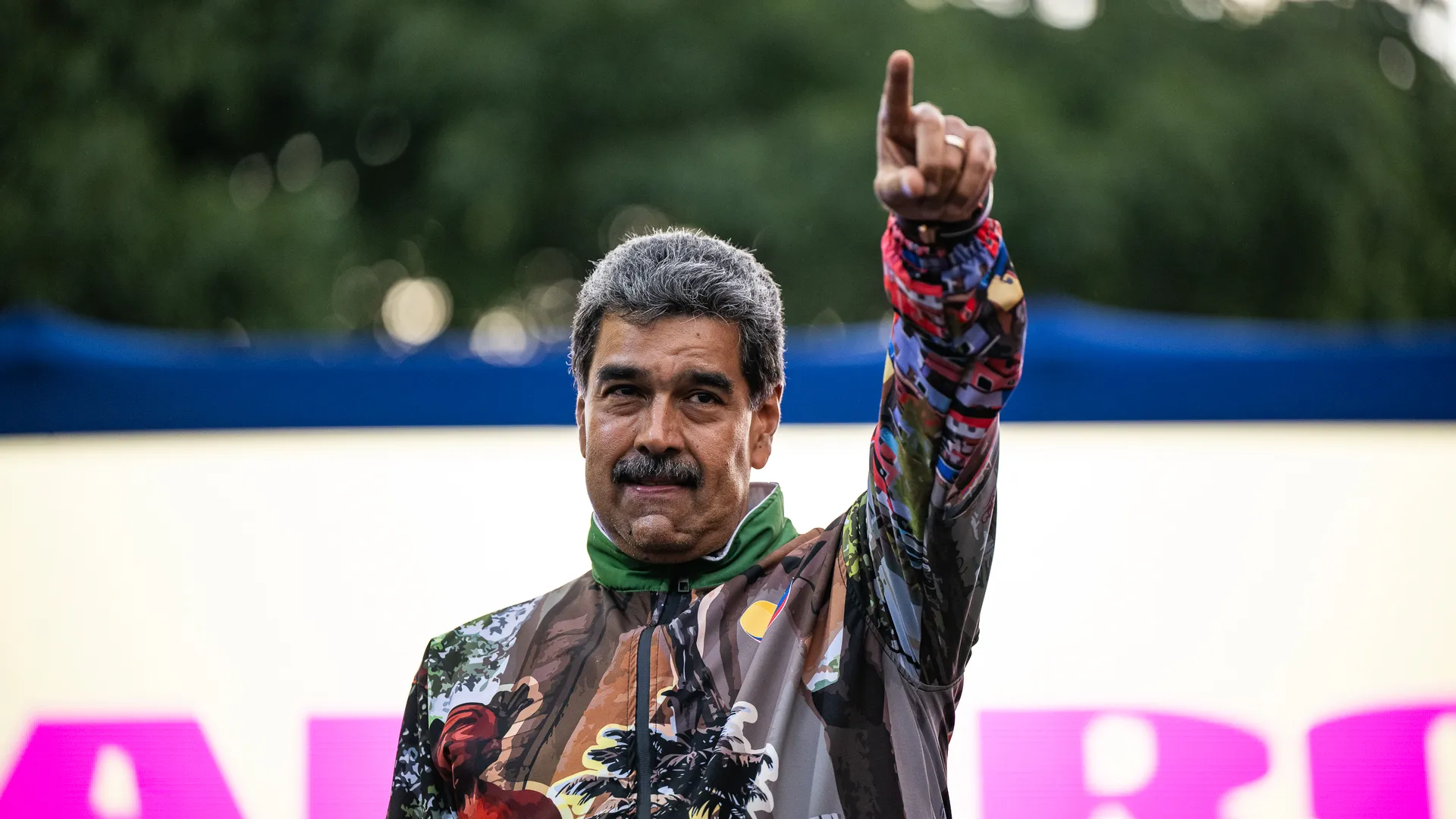Nicolás Maduro has been declared the winner of Venezuela’s presidential election by the government-controlled electoral authority, a result that seemed to crush the opposition’s hopes of ending his authoritarian, socialist rule.
This outcome was immediately contested by opponents and several governments both in the region and beyond.
Following a six-hour delay in announcing the results, which raised international concern, Venezuela’s electoral council reported that Maduro won with 51.21% of the votes, compared to 44.2% for his main opponent, former diplomat Edmundo González Urrutia.
The council stated that with approximately 80% of the votes counted, Maduro had secured over 5 million votes, while González received 4.4 million.
Independent observers described the election as the most arbitrary in recent years, even by the standards of an authoritarian regime established by Maduro’s mentor and predecessor, Hugo Chávez.
Critics accuse Maduro of leading Venezuela into a severe economic and social crisis and turning the country into a repressive state where political opponents are often jailed and tortured.
González’s campaign had sparked rare optimism among millions of disillusioned citizens after a decade during which the economy of the oil-rich nation contracted by 80%, prompting nearly 8 million people—almost a third of the population—to flee abroad.
Maduro dedicated his victory to Chávez, who had named him as his successor shortly before his death in 2013. “Long live Chávez. Chávez is alive!” Maduro exclaimed.
Addressing supporters in the capital, Caracas, the 61-year-old leader declared, “I am Nicolás Maduro Moros—the re-elected president of the Bolivarian Republic of Venezuela… and I will defend our democracy, our law, and our people.”
The opposition quickly disputed the results. “The Venezuelans and the entire world know what happened,” González said in his first remarks.
Opposition leader María Corina Machado, who had supported González’s campaign after being barred from running, rejected the outcome, claiming that the opposition had won in every state.

“We won, and everybody knows it,” she asserted. “We haven’t just defeated them politically and morally; today, we defeated them with votes,” Machado told reporters, asserting that González should be considered the president-elect.
Edison Research, known for its high-profile election polling in the U.S. and other countries, released an exit poll showing González winning 65% of the vote, while Maduro garnered 31%.
“The official results are ridiculous,” said Edison’s executive vice-president, Rob Farbman, maintaining confidence in the survey’s findings.
Edison’s exit poll was conducted nationwide, with preliminary data from 6,846 voters interviewed at 100 polling stations. Local firm Meganalisis predicted a 65% vote share for González and just under 14% for Maduro.
Although the result was celebrated by Maduro’s regional allies, the U.S. and others expressed concerns that the election may have been compromised.
The outcome was a severe setback for Venezuela’s notoriously fragmented opposition, which had united behind the unlikely candidacy of González—a 74-year-old former ambassador and political newcomer—hoping he could lead the country out of one of the worst peacetime economic collapses in recent history.
In an interview on the eve of the election, Machado said the country was on the brink of a “huge, unique, epic event that will change not only the history of Venezuela but also the entire region.”
“The system is cracking for the first time in 25 years,” Machado said of chavismo, predicting a “huge, historic turnout” that would oust Maduro from power.
Opposition supporters turned out in large numbers across the country, eager to vote Maduro out of office.
“I voted for Edmundo González because I believe he is the only hope of change that we have here,” said Anabella Donzella, a 23-year-old economics student, as she cast her vote in El Marqués, a middle-class area of Caracas.
Maduro, who was first elected after Chávez’s death from cancer and reelected in a widely criticized 2018 election boycotted by the opposition, appeared confident as he visited Chávez’s tomb in Caracas to lay a wreath before dawn on Sunday.
Wearing a pink guayabera and accompanied by First Lady Cilia Flores, Maduro likened the election to one of the most famous military battles in Venezuela’s fight for independence from Spain.
“This is our battle of Carabobo, and we are heading straight for victory,” he said, dedicating his campaign to Chávez, under whom he had served as foreign minister and vice president.


